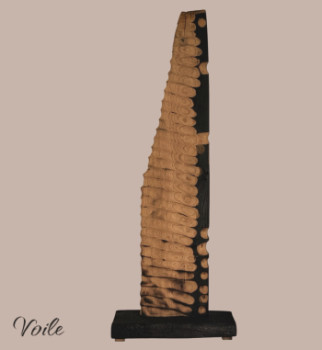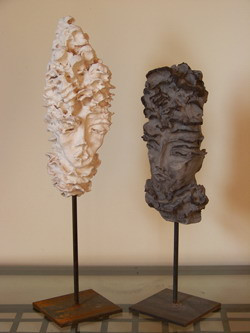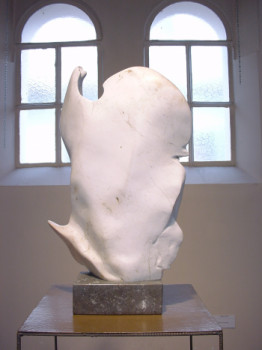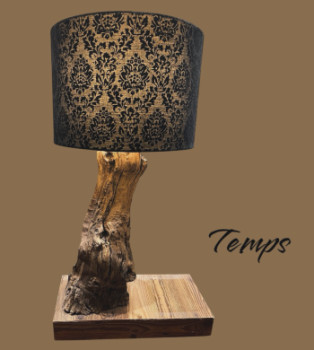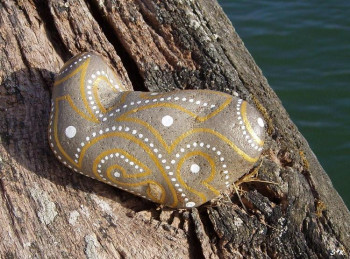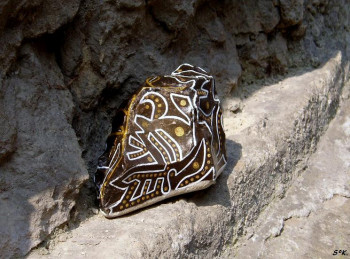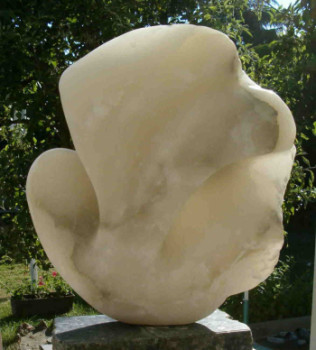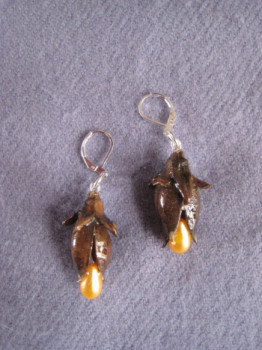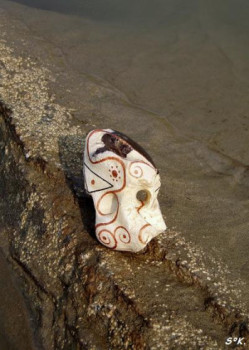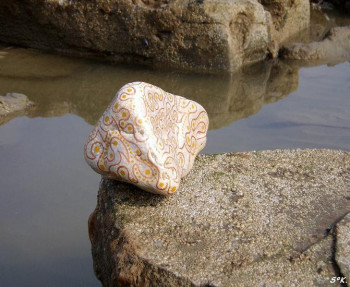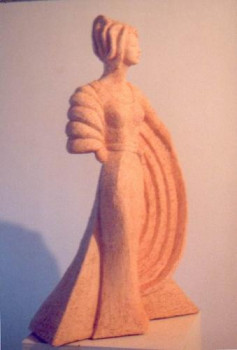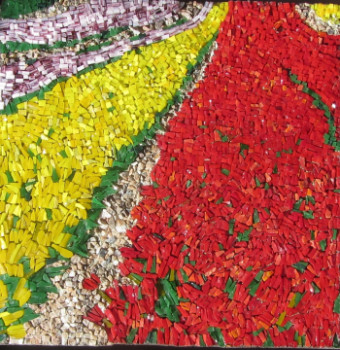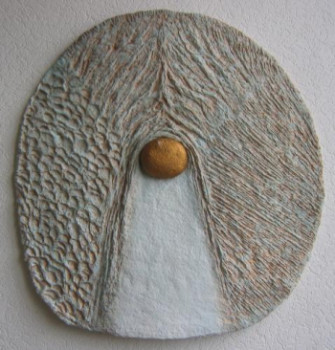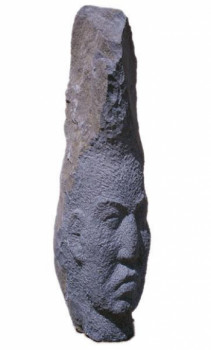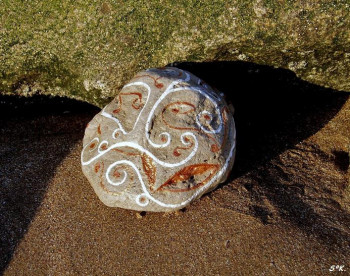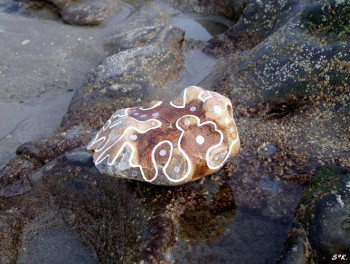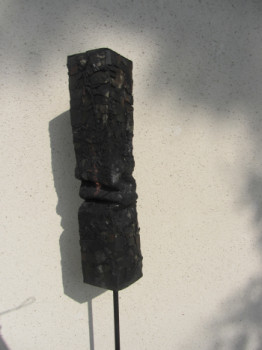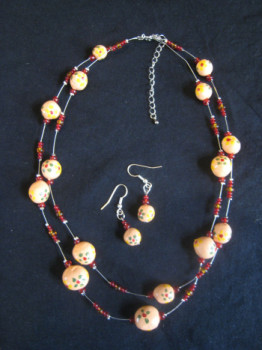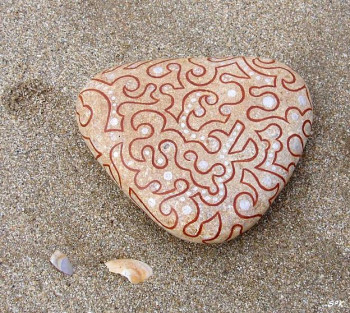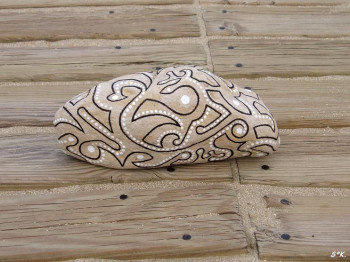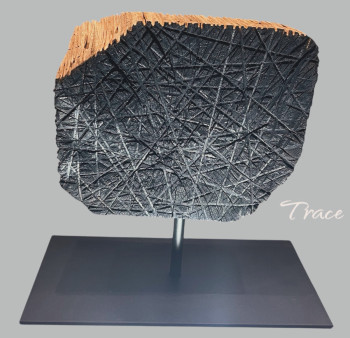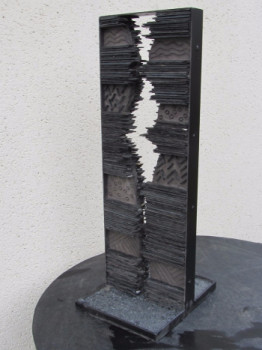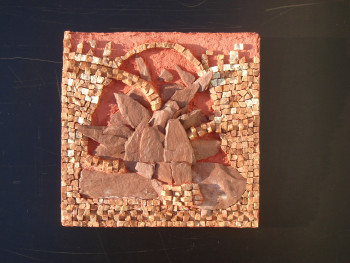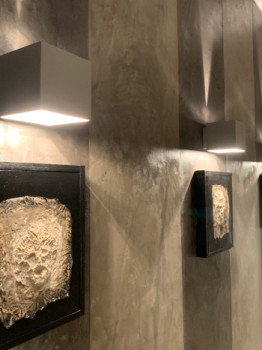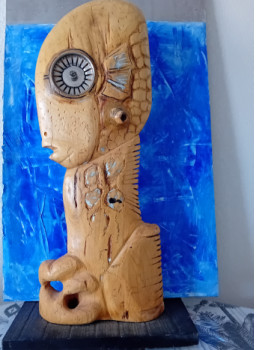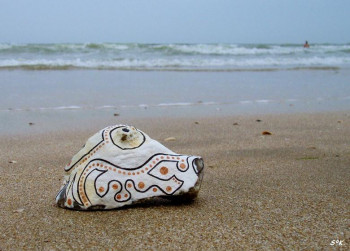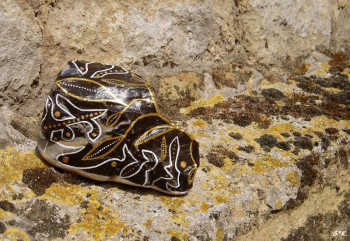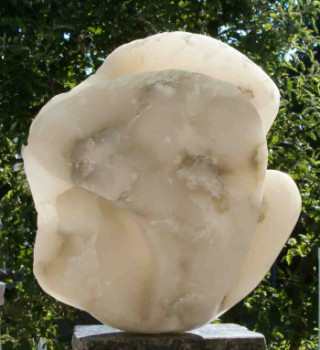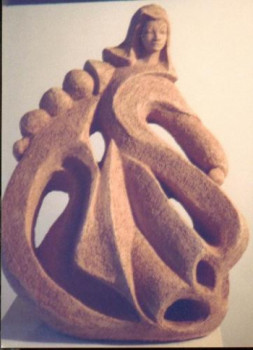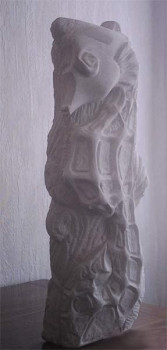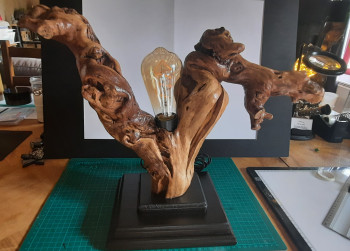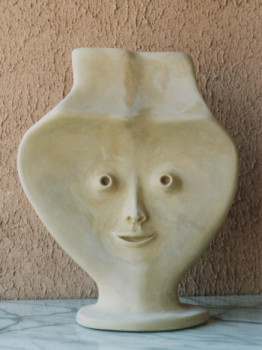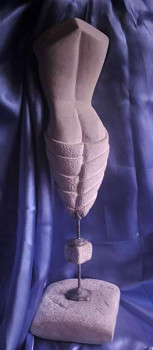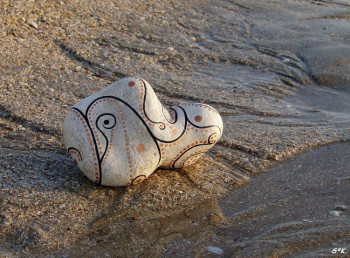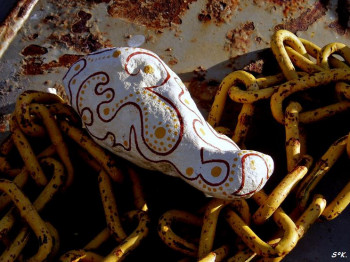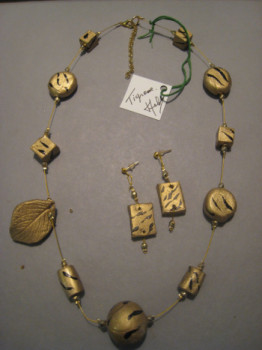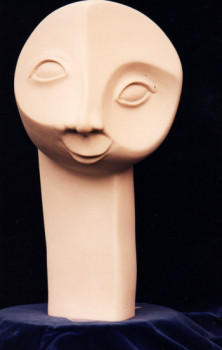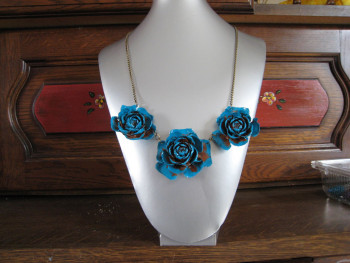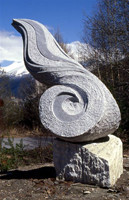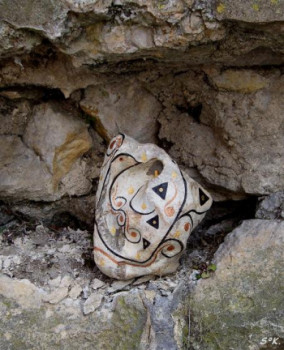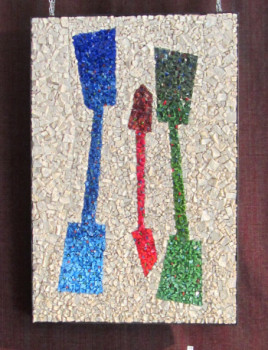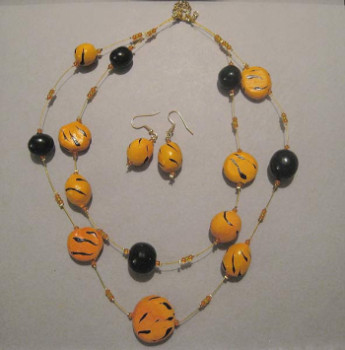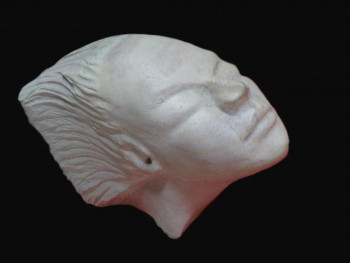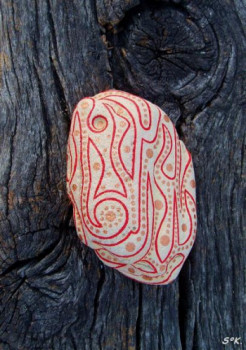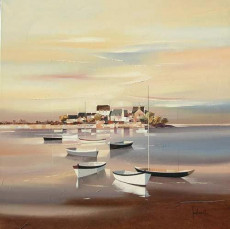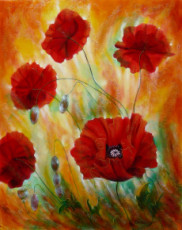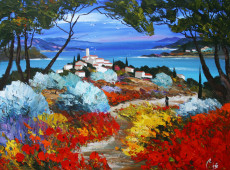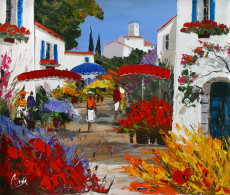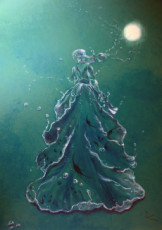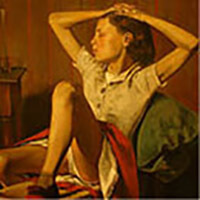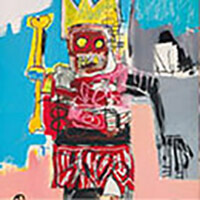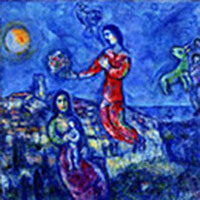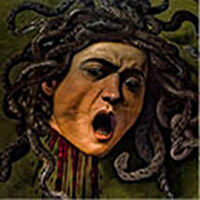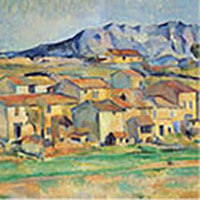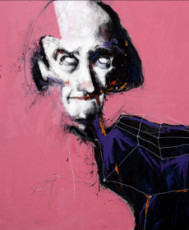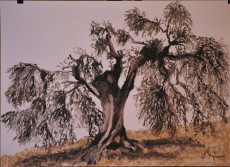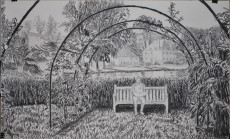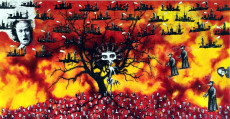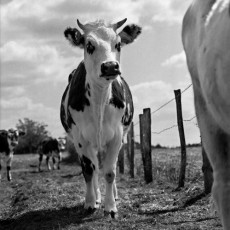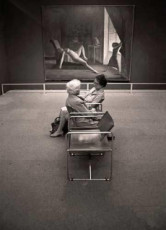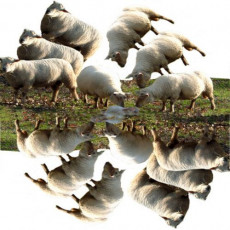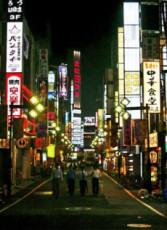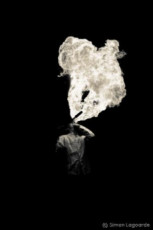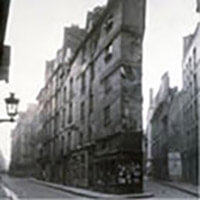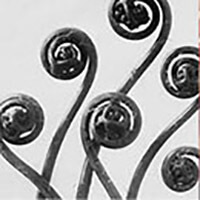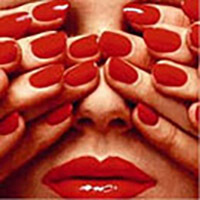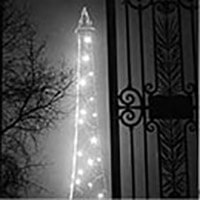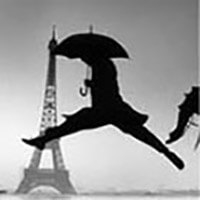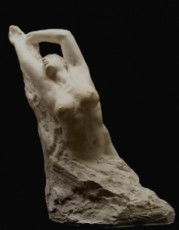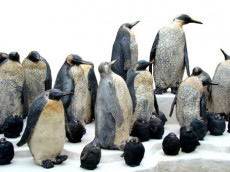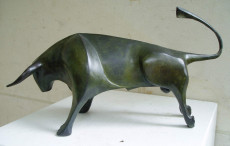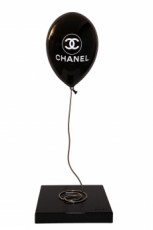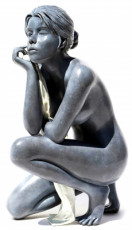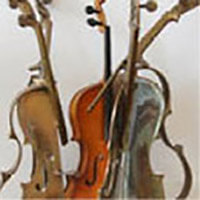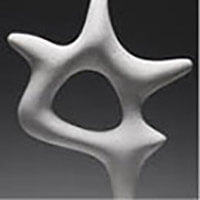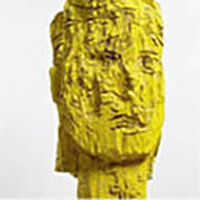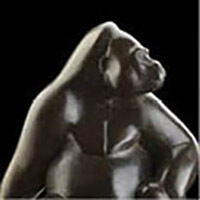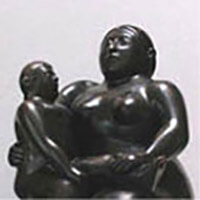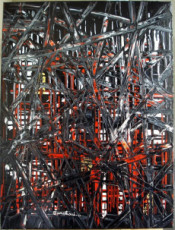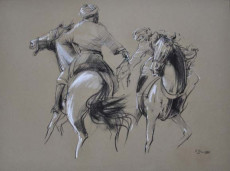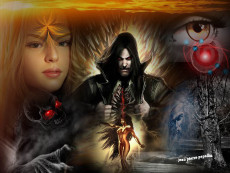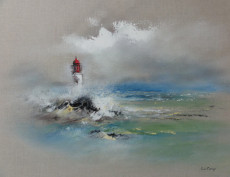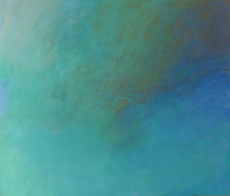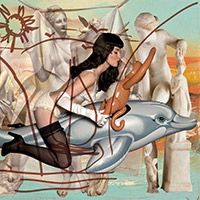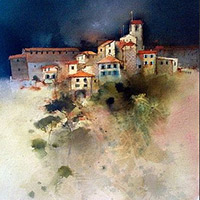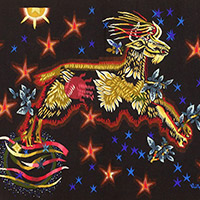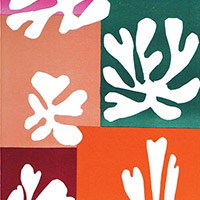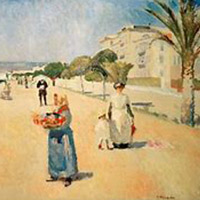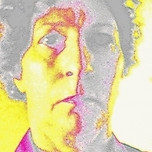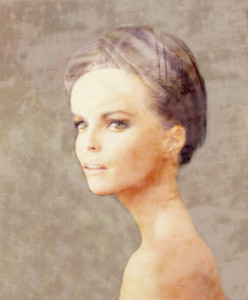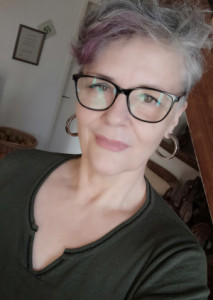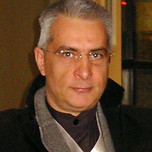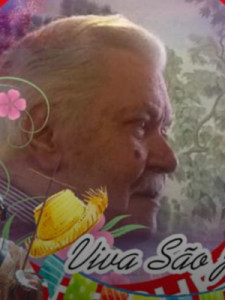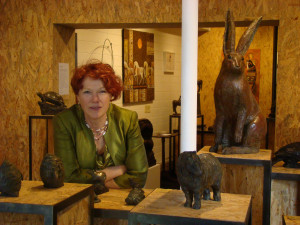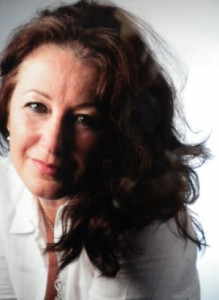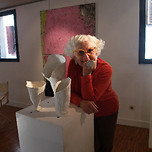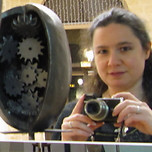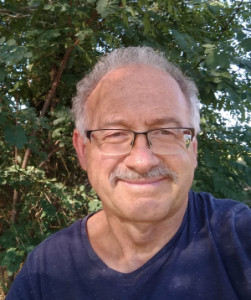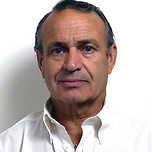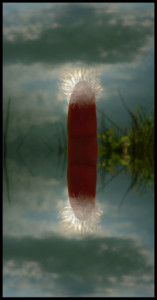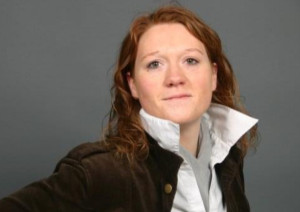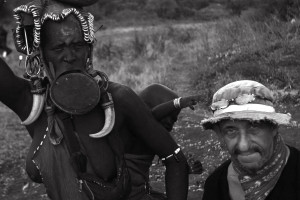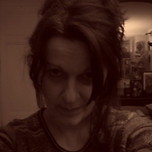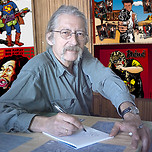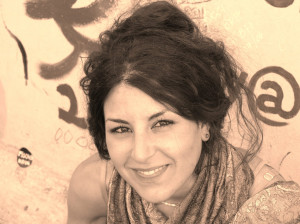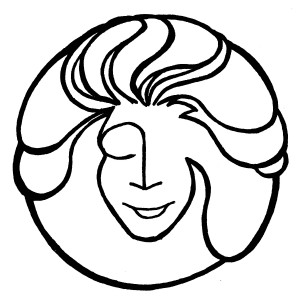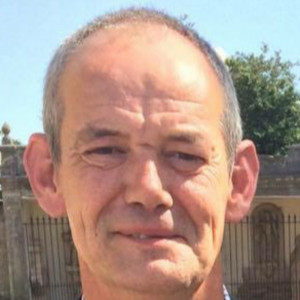
Georges Braque, sidekick of Picasso and co-founder of Cubism
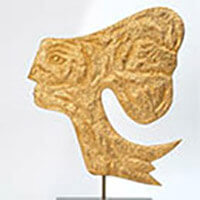
Inventing an artistic movement, such was the personal pride of Georges Braque. Alongside Picasso, he laid the foundations of cubism.
Origins of Georges Braque
It was in the town of Argenteuil-sur-Seine that the artist's life began. Born On May 13, 1882, Georges Braque showed, very early on, an unlimited interest in painting painting, engraving, as well as sculpture. It is not uncommon, in art history, to discover unequivocal, unambiguous vocations ;s the first years of life of the artists. When he celebrates his eighth birthday, Braque and his family leave Argenteuil-sur-Seine, to start a new life in the north of France. Le Havre becomes his new daily environment. Quite naturally, three years after his installation in the commune, Georges Braque made a very notable entry into the community. the School of Fine Arts.
Departure for the capital
For seven years, the young sculptor nourished himself with the teaching he received and perfected his techniques. For him, it is not a simple passion, he sees sculpture as the ultimate goal of his existence. Le Havre therefore becomes too narrow in the face of the weight of its ambitions. So, like many other artists before him, Georges Braque left his home in Paris. its majority and settles down at Paris. There, he is taken care of by a former friend of his father, Roney, and begins a new phase of his training. In a short time, he became an excellent painter-decorator. When he celebrated his twenty-first spring, the artist wanted to reconnect with sculpture and joined the Académie Humbert, in order to explore further the field of Fine Arts.
A perfectionist and demanding artist
Success is a very relative notion for certain artists. Sometimes, wishing to achieve a very ambitious ideal, sculptors, painters and other creative people can be particularly ruthless towards their art. This is precisely the case of Georges Braque. The works presented, and very well received, at the Salon des Independants, for an exhibition, met a very sad fate. The sculptor, judging them to be of too poor quality, simply destroyed them. After this difficult experience, Braque begins a journey and takes advantage of this distance to resume his work. In 1907, the anniversary of the destruction of the painter's previous canvases, his new paintings met with success that he could not deny. All his paintings sell for generous sums.
Braque and Picasso
As Georges Braque becomes familiar with success, he meets Picasso. Very quickly, the two artists realized that they shared the same sensitivity. and a similar approach to art. A friendship It doesn't take long for a deep and sincere message to appear. tie up between the two men. This friendship becomes the cement of a prolific partnership and, one thing leading to another, induces the beginnings of cubism.
From art to; love
Octavie, a young lady who will one day become his loving wife, enters his life in 1908. At the time, everyone knew her under the pseudonym Marcelle Lapréé and it was under this name that she was introduced to him, through the intermediary of Picasso. Their story took time to develop. To draw oneself. First of all, it is a simple sketch, on which Octavie plays the role of model for the designer and sculptor with whom she will fall in love some time later. late. Their relationship then evolves into the sketch of a painting, when art finally mixes with the feeling of love, to finally become a masterpiece, after a celebrated wedding in 1926. From their union, however, no children were born.
Portrait of a painting in search of identity
Describing the works of Constantin Braque promises a moving journey, on the waves of different artistic movements:
- 1905: his brushstroke is oriented towards the of Fauvism which has just seen the light of day and aims to be the happy ambassador of color,
- 1907: the artist receives an artistic shock when he discovers the style of Picasso and decides to work in this direction,
- 1909: his work takes on a new dimension. With Picasso, he developed what would later be called analytical cubism,
- 1911: the year that marks the beginning of Braque's collages.
The First World War comes in the way of this. this meteoric rise. In combat, the painter-sculptor becomes a soldier, then wounded. of war. His convalescence will be difficult and particularly long. For three years he will not be able to create anything. The artist he once was rose from the ashes in 1917, but everything changed. for Constantin Braque. He no longer walks the paths of art with Picasso. Each of them now aspires to different things. Evolving alone, he takes a new, more colorful path. even more than before, also more figurative:
- 1930: Braque enters a cycle of creation directly inspired by by Greek mythology,
- 1938: this year, the artist concentrates on still lifes, with only decorative vocation.
The Second World War
His life will have led Constantin Braque through two world wars. When 1945 turned everyone's lives upside down, he made the choice to stay and live abroad. Paris. He lives there with his wife. For many months, a serious illness ate away at the artist's body, which prevented him from continuing his work. His state of health, the war and all the difficulties that result from it, are all inspirations which will subsequently make his creations darker. The tragedy is transcribed by a choice of muted colors. This turning point in his style resonates today like a sad omen. The artist is tired.
An end of life even closer to nature
After receiving the Grand Prix de la Peinture, during the year 1948, at On the occasion of the Venice Biennale, Braque dedicates himself body and soul to a new subject: birds. The latter are omnipresent in his paintings. Braque's last major project is on the ceiling of the Henri II room, located in the heart of the Louvre museum, at the heart of the Louvre. Paris. By creating this beautiful bird, in particular, Constantin quite simply becomes the first painter represented by the artist. during his lifetime in this prestigious museum. In 1963, on August 31 exactly, Constantin Braque took his last breath, in the capital where he will have passed most of his life, Paris.
Découvrez quelques oeuvres inspirées de Braque

